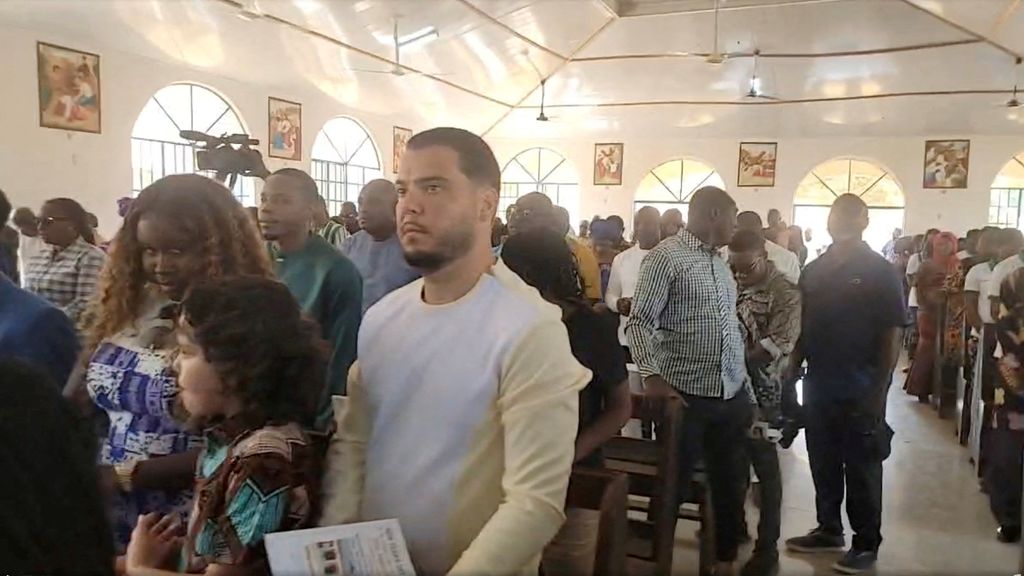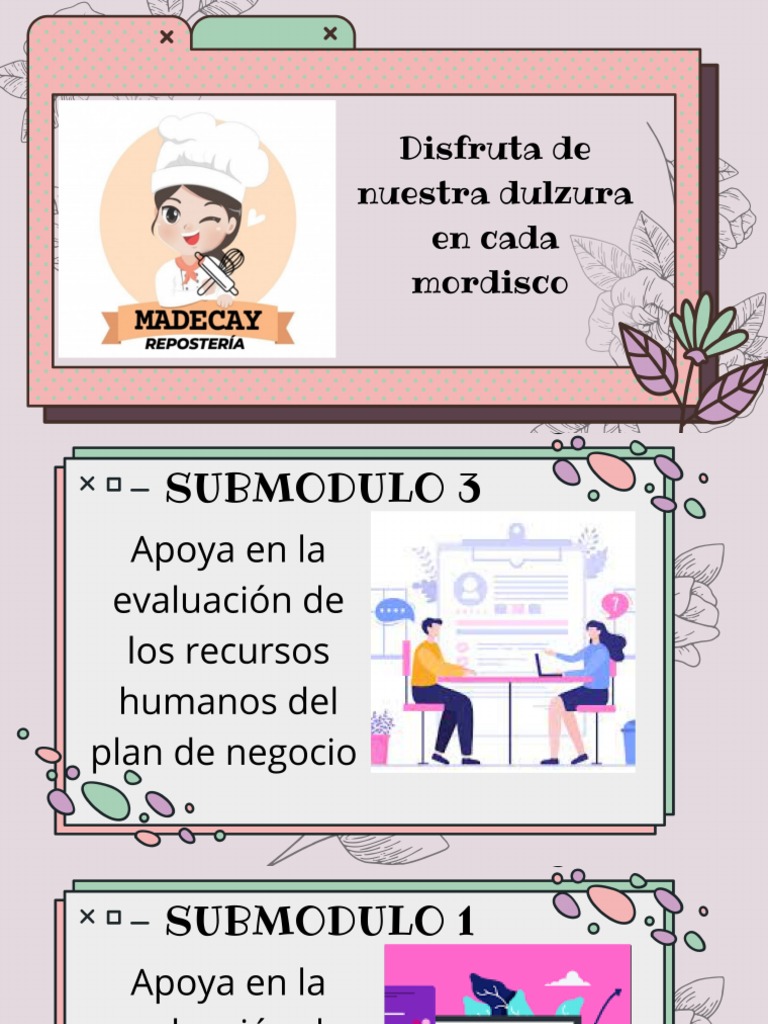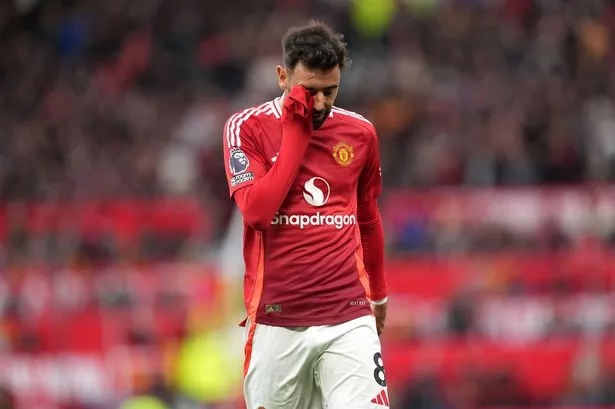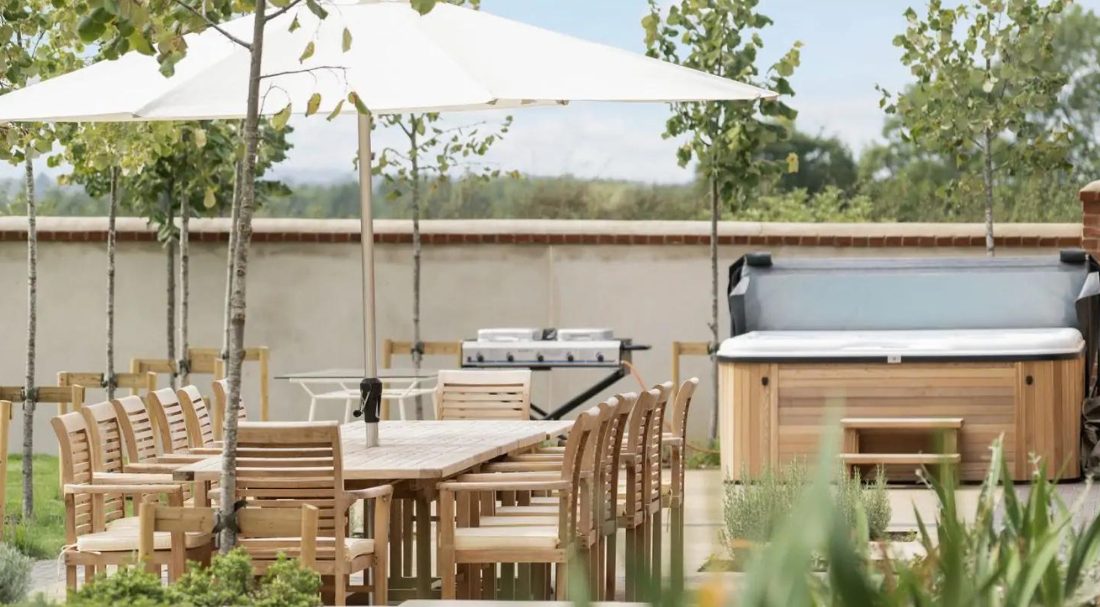Investigative Journalists Targeted In Sierra Leone: The Bolle Jos Drug Trafficking Case

Table of Contents
The Bolle Jos Drug Trafficking Case: A Deep Dive
The Bolle Jos drug trafficking case, unfolding in Sierra Leone, is arguably one of the largest and most complex drug trafficking operations ever uncovered in the country. Its scale is staggering, involving alleged multi-million-dollar shipments of cocaine and other illicit substances. Key players include suspected drug lords, corrupt officials, and powerful figures within the country’s political and economic landscape. The case’s significance extends beyond the immediate implications of drug trafficking. It threatens Sierra Leone's stability and economic development, undermining institutions and diverting resources away from crucial social programs. The alleged involvement of powerful individuals highlights the deep-rooted nature of organized crime and its corrosive influence on the nation. Keywords associated with this case include: Bolle Jos, drug trafficking, Sierra Leone, organized crime, cocaine smuggling, money laundering.
Threats and Harassment Faced by Investigative Journalists
Investigative journalists brave enough to probe the Bolle Jos case have faced significant threats and harassment. These range from subtle intimidation tactics to direct physical threats and violence. Many reporters have experienced:
- Physical threats: Direct threats of violence against journalists and their families have been reported, creating a climate of fear and self-censorship.
- Online abuse: A barrage of online harassment, including doxxing, smear campaigns, and death threats on social media platforms, aim to silence critical voices.
- Legal challenges: Frivolous lawsuits and legal harassment are used to intimidate journalists and drain their resources, hindering their investigative work.
- Censorship: Direct censorship from government bodies or powerful individuals involved in the drug trafficking network attempts to suppress the flow of information to the public.
One journalist, [Name – only if consent is given], reported receiving threatening phone calls after publishing an article detailing alleged links between a government official and the Bolle Jos network. Another, [Name – only if consent is given], faced online harassment and doxxing following their investigation into the financial aspects of the case. These actions highlight the systematic attempts to stifle investigative journalism and undermine press freedom in Sierra Leone. Keywords include: harassment, intimidation, threats, censorship, press freedom, journalist safety.
The Impact on Investigative Journalism in Sierra Leone
The attacks on journalists investigating the Bolle Jos case have created a chilling effect across the country. Fear of retribution is leading to self-censorship, with many journalists hesitant to pursue sensitive investigations. This has a devastating impact on the public’s right to know and the ability to hold powerful figures accountable. Without rigorous investigative reporting, corruption can flourish unchecked, undermining democratic processes and hindering economic development.
- Reduced investigative reporting: The fear of reprisals has led to a significant decrease in investigations into corruption and organized crime.
- Self-censorship: Journalists are increasingly reluctant to publish stories that could potentially anger powerful individuals or institutions.
- Lack of accountability: The absence of robust investigative journalism leaves powerful figures free to act with impunity.
This situation poses a severe threat to Sierra Leone's democracy and its future. Keywords: chilling effect, press freedom, accountability, corruption, public interest.
International Response and Calls for Protection
The attacks on journalists in Sierra Leone have drawn international condemnation. Organizations like the Committee to Protect Journalists (CPJ) and the United Nations have issued statements calling for the protection of journalists and an end to the harassment and intimidation they face. International pressure on the Sierra Leonean government to ensure press freedom and uphold the safety of journalists is mounting.
- CPJ reports: The CPJ has documented numerous cases of attacks against journalists in Sierra Leone and called for investigations and prosecutions of those responsible.
- UN resolutions: The UN has adopted resolutions emphasizing the importance of press freedom and the need to protect journalists from violence and intimidation.
- International support: Several international organizations are providing training and support to journalists in Sierra Leone to help them improve their safety and security.
These initiatives, while crucial, need to be strengthened and expanded to effectively safeguard investigative journalists and ensure they can work without fear of reprisal. Keywords: international pressure, journalist protection, CPJ, UN, human rights, press freedom.
Conclusion: Protecting the Guardians of Truth: A Call to Action
The targeting of investigative journalists in Sierra Leone, particularly those reporting on the Bolle Jos drug trafficking case, underscores the urgent need to protect those who hold power accountable. The threats they face – ranging from physical violence to legal harassment – significantly hinder press freedom and public access to vital information. Protecting investigative journalists is not just about safeguarding individuals; it's about safeguarding democracy itself. We must demand greater protection measures from the Sierra Leonean government, increased international support, and the implementation of robust safety protocols for journalists. Support organizations like CPJ and Reporters Without Borders, and raise awareness about the crucial role of investigative journalism in fighting corruption and promoting transparency in Sierra Leone. Let's stand with the guardians of truth and ensure that the pursuit of justice and accountability is not silenced by fear. Keywords: Investigative Journalism, Sierra Leone, Journalist Safety, Press Freedom, Bolle Jos.

Featured Posts
-
 Experiencia Pop Up Store Bts Todo Lo Que Necesitas Saber Fechas Ubicacion Acceso
May 30, 2025
Experiencia Pop Up Store Bts Todo Lo Que Necesitas Saber Fechas Ubicacion Acceso
May 30, 2025 -
 Nereden Izleyebilirim Augsburg Bayern Muenih Maci Canli Yayin
May 30, 2025
Nereden Izleyebilirim Augsburg Bayern Muenih Maci Canli Yayin
May 30, 2025 -
 Royal Bath And West Show Half Term Show Packs Rides And Petting Areas
May 30, 2025
Royal Bath And West Show Half Term Show Packs Rides And Petting Areas
May 30, 2025 -
 Will Bruno Fernandes Leave Man United Real Madrids Potential Bid
May 30, 2025
Will Bruno Fernandes Leave Man United Real Madrids Potential Bid
May 30, 2025 -
 De Financiele Aspecten Van Een Potentiele Anderlecht Transfer
May 30, 2025
De Financiele Aspecten Van Een Potentiele Anderlecht Transfer
May 30, 2025
Latest Posts
-
 Book Now 30 Off Lavish Spring Hotel Accommodation
May 31, 2025
Book Now 30 Off Lavish Spring Hotel Accommodation
May 31, 2025 -
 Limited Time Offer 30 Off Lavish Spring Hotel Stays
May 31, 2025
Limited Time Offer 30 Off Lavish Spring Hotel Stays
May 31, 2025 -
 The Reality Of Ai Why It Doesnt Learn And What That Means For Users
May 31, 2025
The Reality Of Ai Why It Doesnt Learn And What That Means For Users
May 31, 2025 -
 Responsible Ai Addressing The Limitations Of Current Ai Learning
May 31, 2025
Responsible Ai Addressing The Limitations Of Current Ai Learning
May 31, 2025 -
 Up To 30 Off Book Your Lavish Spring Hotel Stay Today
May 31, 2025
Up To 30 Off Book Your Lavish Spring Hotel Stay Today
May 31, 2025
